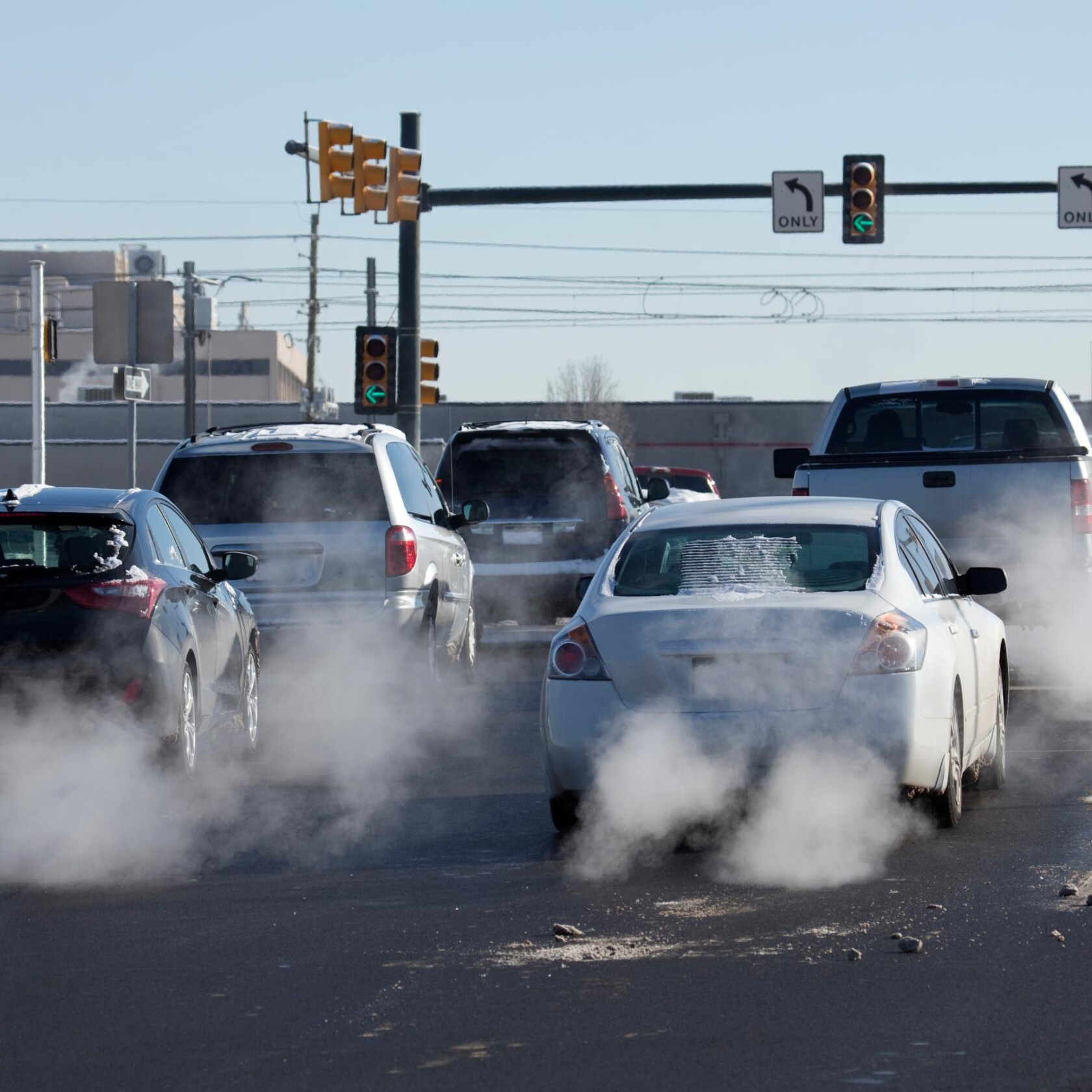Could Rise in Auto Loan Delinquencies Signal Cooldown in Auto Industry?

The summer yielded mixed economic signals for the auto industry. On the plus side, U.S. unemployment rates and interest rates remain low. However, auto sales at several auto manufacturers, including Ford and GM, slipped in July. Analysts are also focusing on an increasing area of concern: auto loan delinquencies. Earlier this year, the total amount of auto loans topped $1 trillion. Subprime (FICO score of 600 or lower) auto loans make up approximately one fifth of auto loans. Those loans are starting to see marked increases in delinquencies. Delinquencies of at least 60 days in subprime auto loans climbed to 4.59% in July, an increase in 13 percent compared to June and 17 percent higher than a year ago Prime auto loan delinquencies also jumped up to 0.4%, which is 21% higher than a year ago.
At least some analysts have raised concerns about the impact of auto loan delinquencies on the industry and the broader economy. In June, JPMorgan Chase CEO Jamie Dimon warned that the auto loan market was “a little stressed” and projected future losses for lenders in that industry. The Wall Street Journal also credited the record-breaking auto sales of 2015, at least in part, to the historical rise in auto loans, and predicted a negative impact on sales if auto lenders become stretched with delinquencies. Car and Driver similarly noted the rise in auto loan delinquencies and warned that any collapse in the subprime market would “choke” the car market.
The rise in delinquencies is now being felt in the auto industry. GM and Ford both set aside more for credit losses in the first half of 2016 than during the same period in 2015. Ford also acknowledged that rising delinquencies, along with other factors, would make the second half of 2016 more difficult for the company. In light of the other positive economic indicators, whether the subprime market continues on its current trajectory remains to be seen.
